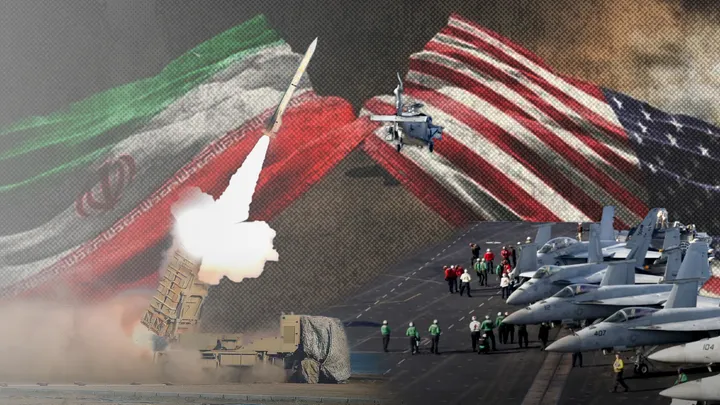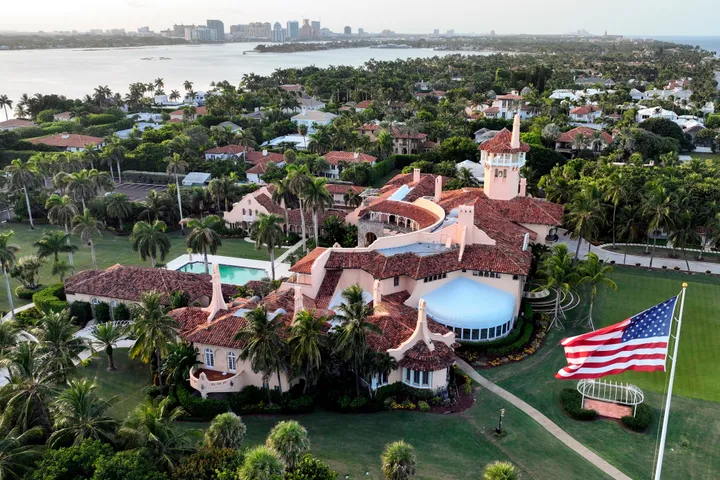SRINAGAR, India-administered Kashmir— Mohsin and Umar, 23, are first cousins in a predicament not many around the world would typically find themselves in.They need to get to their village in south Kashmir in time for Umar's sister's wedding. It's a relatively short drive away. And yet, they can't use the highway that connects the villages and towns in the north to the south of India-held Kashmir because it has been sealed off by the authorities at least twice a week.
Mohsin and Umar pleaded with magistrates for permits to allow them to get home, to no avail.
“My sister is getting married tomorrow,” says Umar, pointing to the gifts in his car boot.
“I showed them all this, but they still won’t let us pass. How can I miss her wedding?”
Both Mohsin and Umar earn their living selling bedsheets and curtains in north Kashmir’s Handwara belt. They had no idea the ban would be so strict.
They are among thousands of travellers barred from using the highway after India imposed a twice-weekly, three-month ban following the suicide bombing that killed 40 soldiers in February.
The highway ban, in force every Sunday and Wednesday, was part of a major security shake-up pledged by Indian Home Minister Rajnath Singh in the aftermath of the attack.
The incident had brought India and Pakistan on the brink of a nuclear war, with the former accusing the latter of masterminding the suicide attack.
Many say that Prime Minister Narendra Modi, whose popularity will be put to the test during elections this month, essentially gave a free hand to Indian police in Kashmir after officially adopting an aggressive military approach to regional tensions.
Although the suicide bombing was a pretext for the partial ban, many see that the policy is aimed at enhancing his popularity and convincing Indians that he deserves to be elected for a second term.
The highway ban will remain in force until May 31. Until then, the roads are exclusively sealed off for the Indian military those two days of the week. On all other days, civilian vehicles and army convoys can be driven on separate lanes.
A controversial photo surfaced yesterday apparently showing the hand of a Kashmiri stamped with a seal of approval to travel by the magistrate.
Since 1947, India and Pakistan have fought three wars over Kashmir, a picturesque valley tucked away in mighty Himalayas and now one of the most militarised regions in the world. Both India and Pakistan claim Kashmir in its entirety.
A bloody insurgency challenging Indian rule has been underway since 1989. Local rebel groups fighting Indian forces seek either independence or unification with Pakistan.
Mohamed Lateef Wani, 27, a baker from central Kashmir’s Budgam area who was born with a physical disability, tries unsuccessfully to balance himself on a motorcycle as his friend pleads with army men to let them travel.
Mohamed was visiting a friend who was leaving town until the following year.
“I wanted to see him before he leaves, but they won’t let me travel,” says Wani dejectedly. “This is an extreme form of suppression.”
After waiting for more than 30 minutes under the sun, Wani decides to plead with the magistrate himself, thinking he would sympathise with his disability, but as he limps towards him, the army men guarding the highway start vehemently blowing their whistles. There were to be no exceptions.
On the first day of the highway ban, which was last Sunday, only 165 military vehicles appeared on the major route over a space of 13 hours.
Still, the ban, which spans the entire 270-stretch between Baramulla in Kashmir with Udhampur in Jammu (the only link between Kashmir and India), continues.
The highway is also the only route for goods and medicine.
The only other road link, which historically used to pass through Muzaffarabad in Pakistan, was the scene of too many security issues, especially after a 2008 clash with Hindu nationalists that killed four people from among a crowd demanding essential goods at the time.
The partial ban is already creating a backlog among many merchants and ordinary citizens.
“Choking this highway is like choking our lifeline,” says Mohammad Younis, a university student who lives just off the highway in Chursoo village of Pulwama.
The highway, which cuts through four major districts within Kashmir, is the only route from small villages to major hospitals, markets, schools, universities and railway stations.
Abdul Shakoor Wani, 38, a farmer and merchant from south Kashmir’s Shopian, a town famous for its apple, pears and cherries, sees the highway ban as part of New Delhi's plans to crush Kashmir's economy.
“Since last December, highway traffic between Srinagar and Jammu only flowed one way because of bad weather, which meant we could send fruit to markets in India just three days in a week. Now, with the two-day highway ban, our business days are now down to two, weather permitting,” says Wani.
From Shopian, it normally takes two days for a fruit-laden truck to reach New Delhi. “Now, with the ban, it has taken my trucks more than five days to get there,” says Wani.
“We have a huge quantity of apples kept in cold storages. If not sold quickly, we will lose out on huge amounts of money.”
Even in 2016, when Kashmir remained shut for about six months after protests erupted over the killing of popular militant commander Burhan Wani, locals and officials had ensured apple trade continued to generate $570 million to Kashmir’s annual economy.
Indeed, the silence on the highway is palpable.
“Now that military vehicles have taken precedent, I don’t see our fruit trucks reaching markets outside Kashmir on time,” says Wani with both sadness and concern in his voice. “Never have we felt so helpless.”























